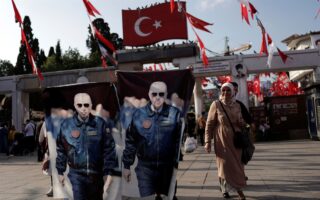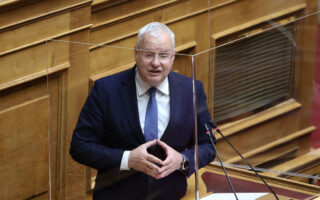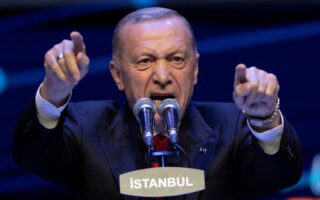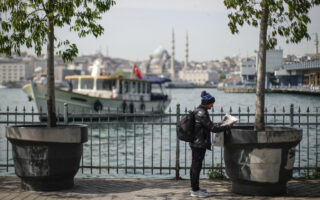Worlds collide in Constantinople-Istanbul
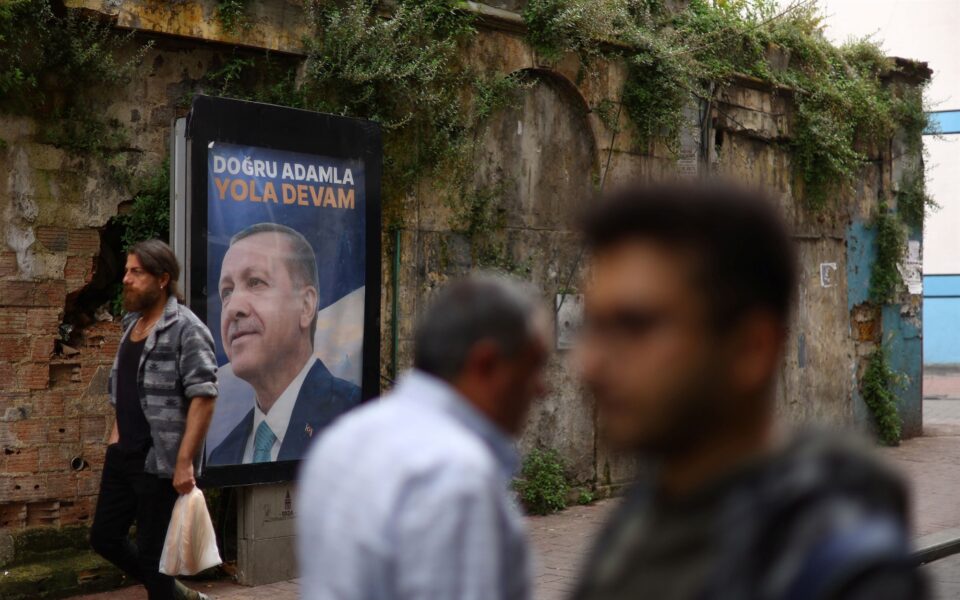
Five hundred and seventy years after the Fall of Constantinople, Recep Tayyip Erdogan chose the Hagia Sophia to celebrate the anniversary and his own victory in Sunday’s elections. “Allah willing, we see this election as the gateway to the next century of Turkey and it will go down in history as such a turning point,” as that of the Conquest, he declared on Sunday.
With the Turkish Republic celebrating its centenary this year, and after 20 years in power, Erdogan feels that his country’s fate is one and the same with his fantasy of an Ottoman imperial revival. The most majestic church of Eastern Christendom is a useful symbol for the clash of two worlds, where the fall of one is the conquest of the other, allowing Erdogan to appear to dominate the past, present and future. The legitimacy which elections bestow, like the fawning, tolerance or even admiration of foreign leaders, encourage him.
But the stones, marble, otherworldly architecture and icons of Hagia Sophia declare something else, that Erdogan is unable to comprehend that his fixation with his trespassing on this symbol underlines just how poor his own achievement is – turning it from a museum into a mosque with the stroke of a pen – when compared to the civilization that created it and the warriors who conquered it.
In his divided country, the strongest ‘adhesive’ is extreme nationalism. So, Erdogan has every reason to continue suppressing domestic rivals and threatening other nations
By calling the elections (which he won with 52%) a turning point equivalent to the conquest of Constantinople, Erdogan declares that Turkey’s course over the past 100 yeas was in the wrong direction. He is dreaming of new conquests and territorial expansion, and ever greater geostrategic influence. Time will tell whether he has judged his own capabilities and those of his nation correctly. Whether this is a turning point or just a gateway towards dystopia.
What is definitely at a turning point, though, is the relationship between power and citizens, between independent states. Will violence reign, or the law? Erdogan exploited all the levers of power, all the institutions, the help of like-minded foreign autocrats, all the tricks of populism and bigotry, to defeat his rivals. In his divided country, the strongest “adhesive” is extreme nationalism. So, Erdogan has every reason to continue suppressing domestic rivals and threatening other nations. We will see these tactics alternating or being used in conjunction.
For some decades we believed that the rule of law had triumphed over the force of violence. Wearing the cloak of an elected leader, ergo of a democrat, Erdogan shows that the clash is far from over and the triumph of law is not a given.
